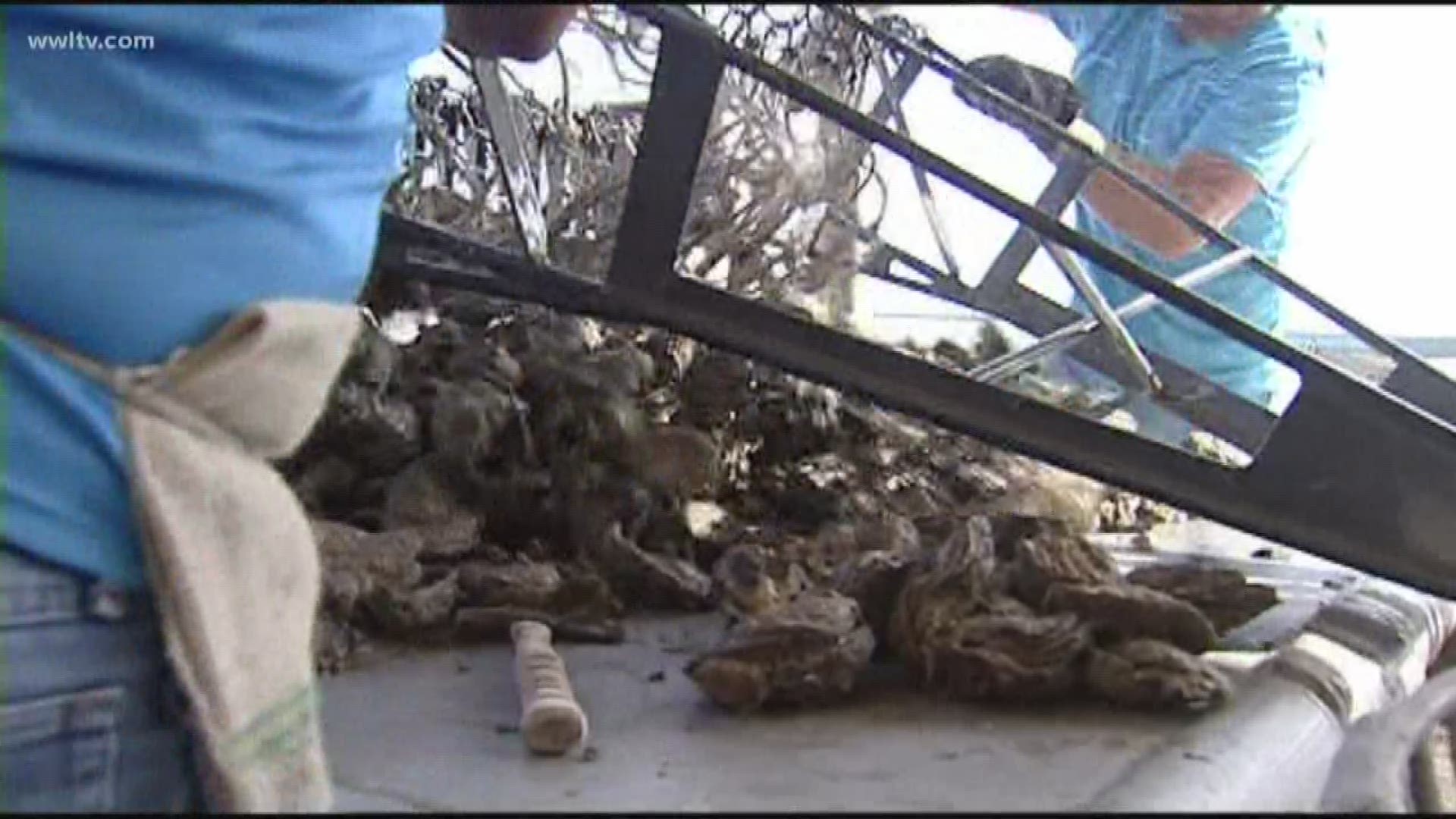HOUMA, La. — Louisiana shrimpers say a bill introduced in the U.S. Senate that would provide a safety net for commercial fishermen to help in difficult years like 2019 is a long time coming.
For decades, shrimpers and others in the commercial fishing industry have advocated for the federal government to either move them under the U.S. Department of Agriculture or provide them the same insurance and benefits as farmers.
Sen. John Kennedy, R-Louisiana, joined with Sen. Cindy Hyde-Smith, R-Mississippi, to introduce the legislation, which would provide revenue-based relief to producers to assist with losses after natural disasters and changes in water salinity.
This year, all of Louisiana’s fisheries have seen losses due to flooding that lasted for several months and required the U.S. Army Corps of Engineers to open the Bonnet Carre Spillway twice for the first time in its history.
Freshwater inundated the normally brackish waters that support shrimp, causing population decreases by up to 86 percent in some basins.
While commercial fishermen are also looking for immediate aid through a disaster declaration, the bill would establish a relief program that wouldn’t require a declaration for future events.
“The shrimp and oyster seasons produced significantly lower yields on average this year due to disastrous freshwater intrusions in the Gulf,” said Kennedy in a news release. “We need to give our fishing industry a break. This legislation will establish a program to help fishermen cope with disaster conditions like these.”
The proposed Commercial Fishing and Aquaculture Protection Act of 2019 is the first time Congress has taken a step toward establishing a permanent disaster assistance program, according to long-time shrimpers George Barisich and Dean Blanchard.
Blanchard, who called the spring shrimp season “a disaster,” said shrimpers want to be treated the same as farmers.
“What makes a farmer in the Midwest different from a shrimper in Dulac, Louisiana?” the Grand Isle shrimper said. “For the last 40 years, we’ve been treated like secondhand citizens. It’s been a long time coming, and I pray to God that it passes.”
Barisich, who is based in Yscloskey in St. Bernard Parish, said this bill could be what helps with what’s left of the dwindling shrimping industry, noting that the number of shrimpers has declined by 75 percent.
“I appreciate the fact that it’s finally being brought up. Nobody would ever take a chance before,” he said.
Between depressed shrimp prices due to foreign imports, hurricanes, red tides and a litany of other issues, Barisich said the aid is much-needed.
Both Blanchard and Barisich also cited concerns about the large-scale sediment diversions proposed in Louisiana’s coastal master plan. Those in the commercial fishing industry have argued against the diversions, stating the water would harm the fisheries and, in turn, the billion dollar seafood industry.
Blanchard said he believed the timing of the bill could relate to the sediment diversions, suggesting they could be preparing to offer the fishermen aid should the projects cause as much harm as the fishermen expect.
The state believes the sediment diversions would mimic the function of the Mississippi River, delivering much-needed sediment to starved marshes that are in decline on the coast.
Barisich said the bill could also be a product of the work done by producers in coordination with processors and dealers over the last three years. This is the biggest bill produced so far.
While the bill would provide permanent disaster assistance, he said the next step would be for legislators to look into import quotas or subsidies for the commercial fishing and aquaculture industries.
“This should be about protecting producers of wild-caught, chemistry-free product,” said Barisich. “It’s not just the business that dies, it’s that the culture dies.”
With a laugh, he added, “I just don’t want to be a museum piece, not yet.”
---
Staff Writer Halle Parker can be reached at hparker@houmatoday.com or 857-2204. Follow her on Twitter, @_thehalparker.

